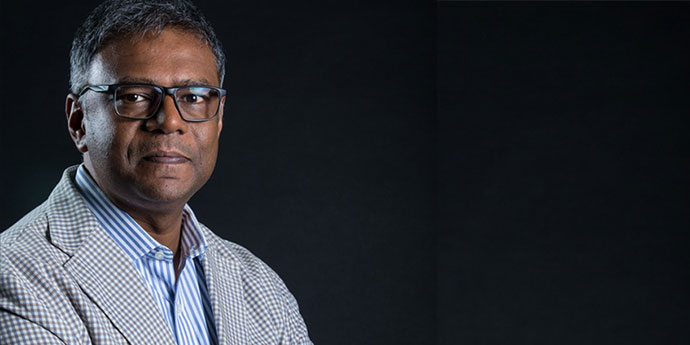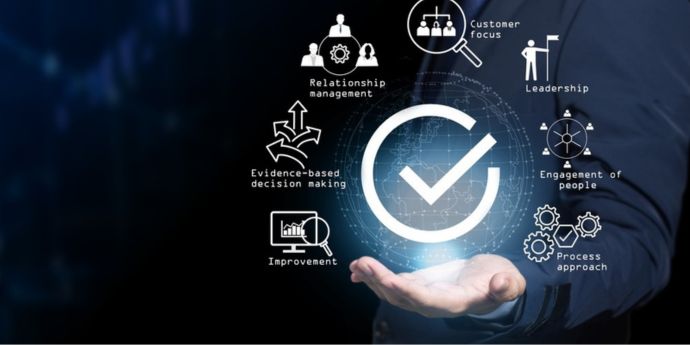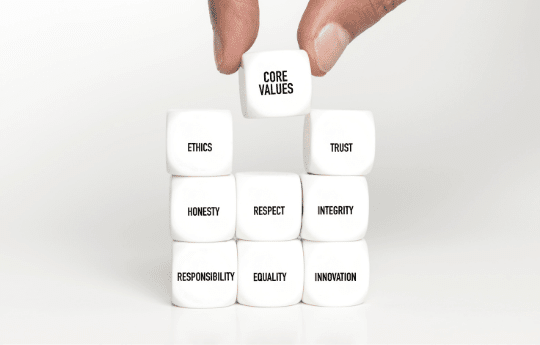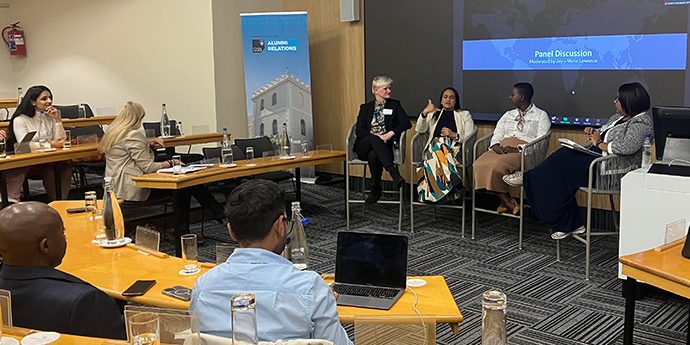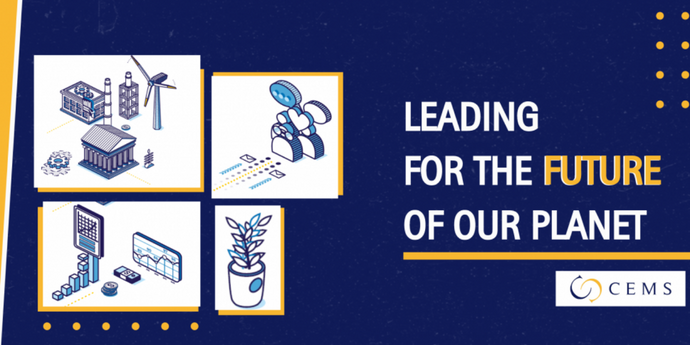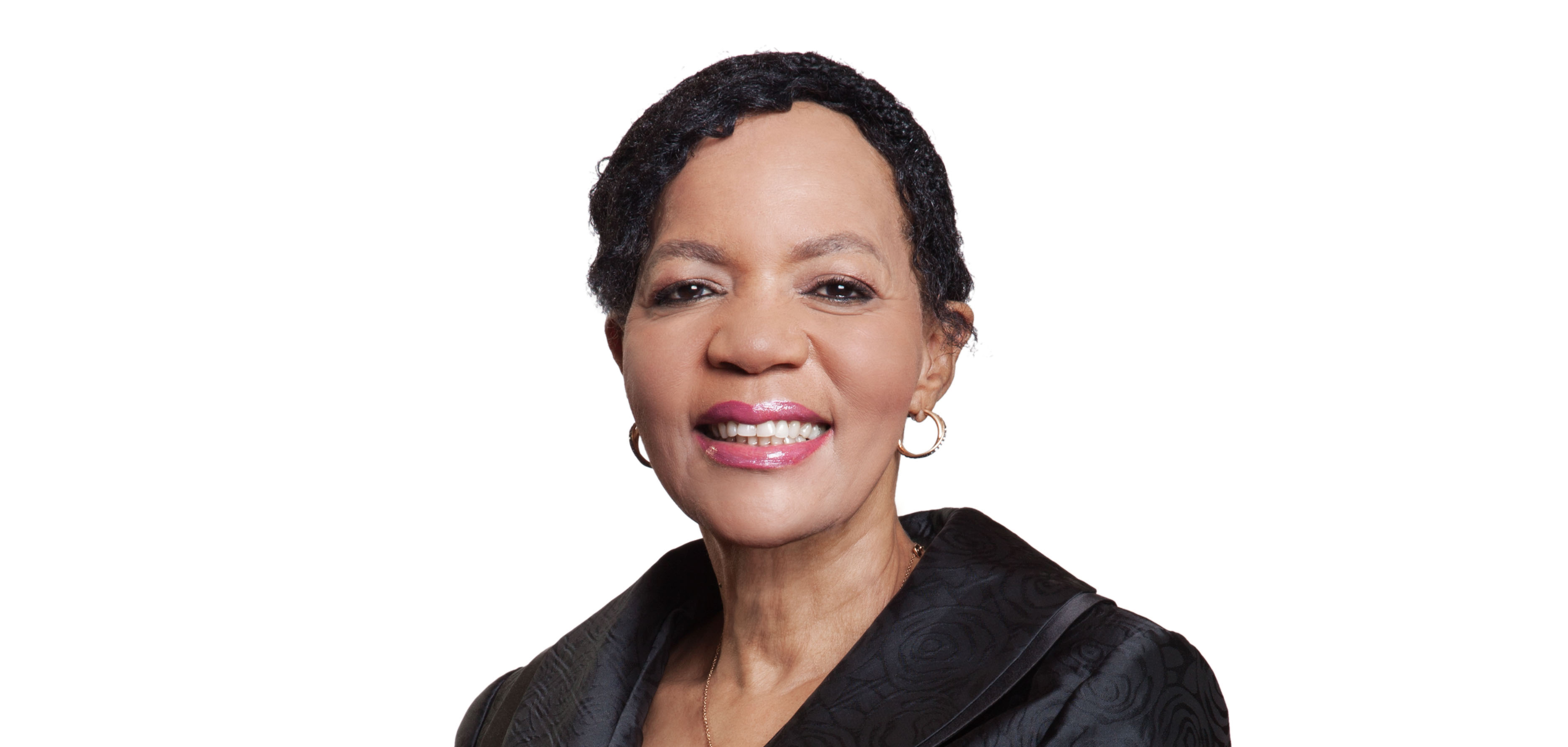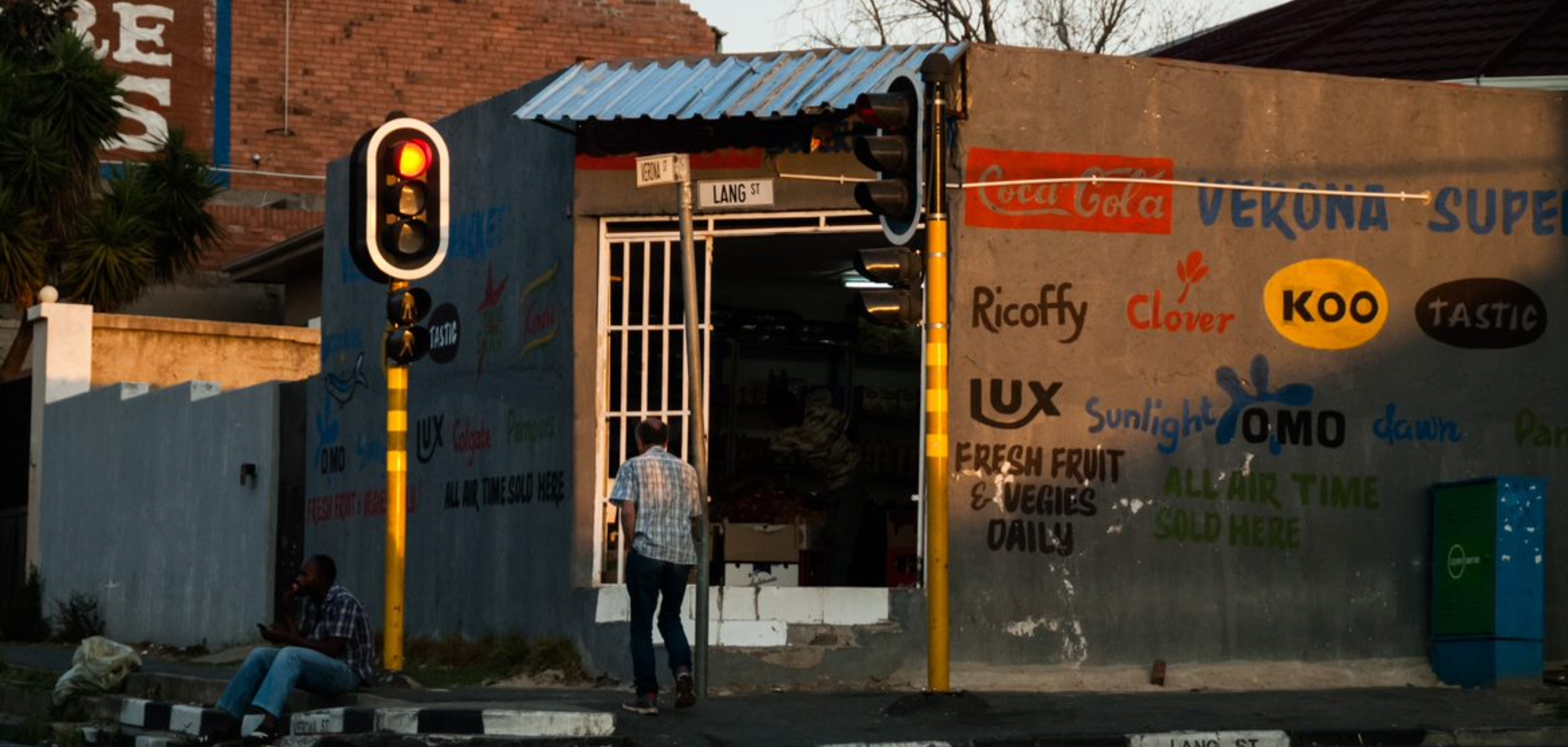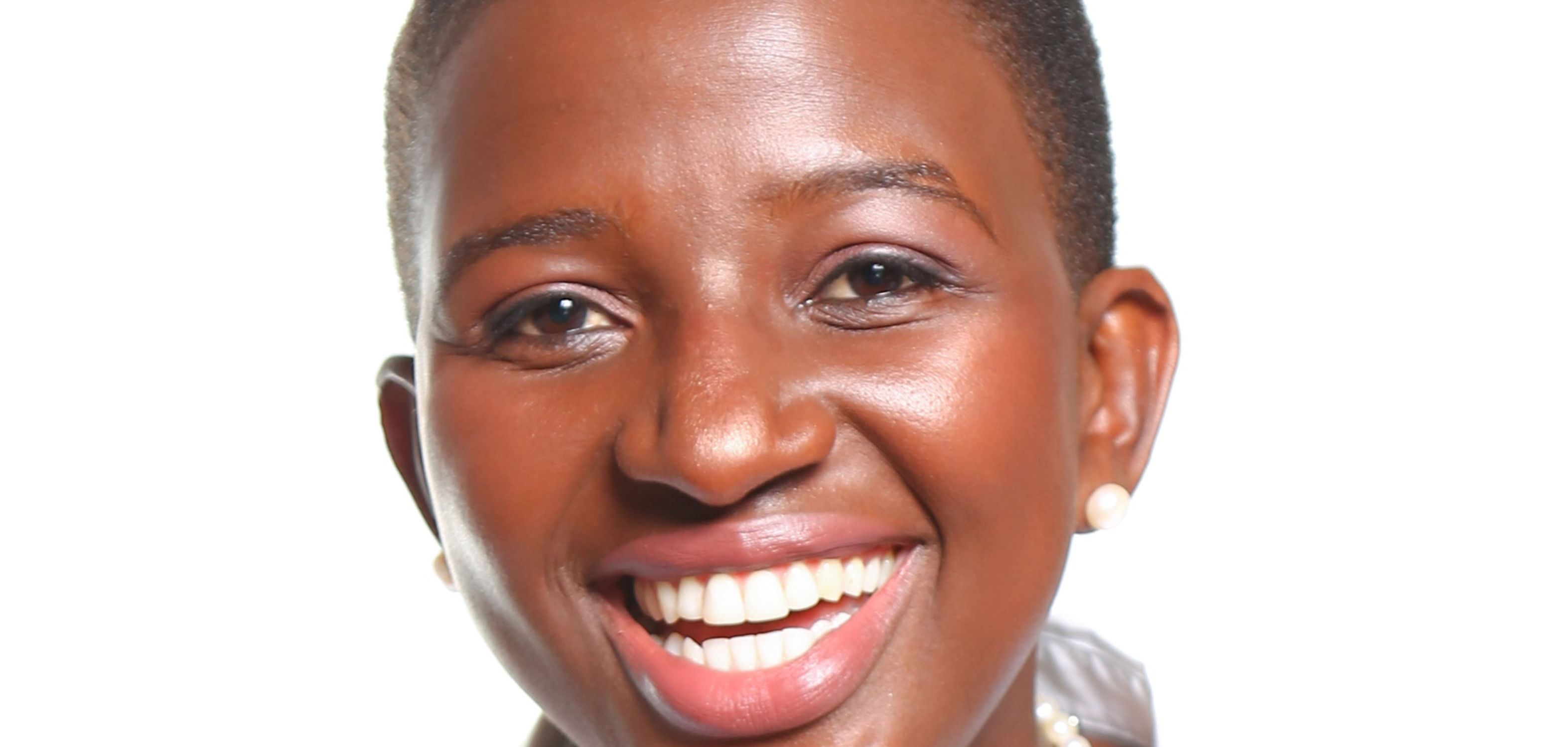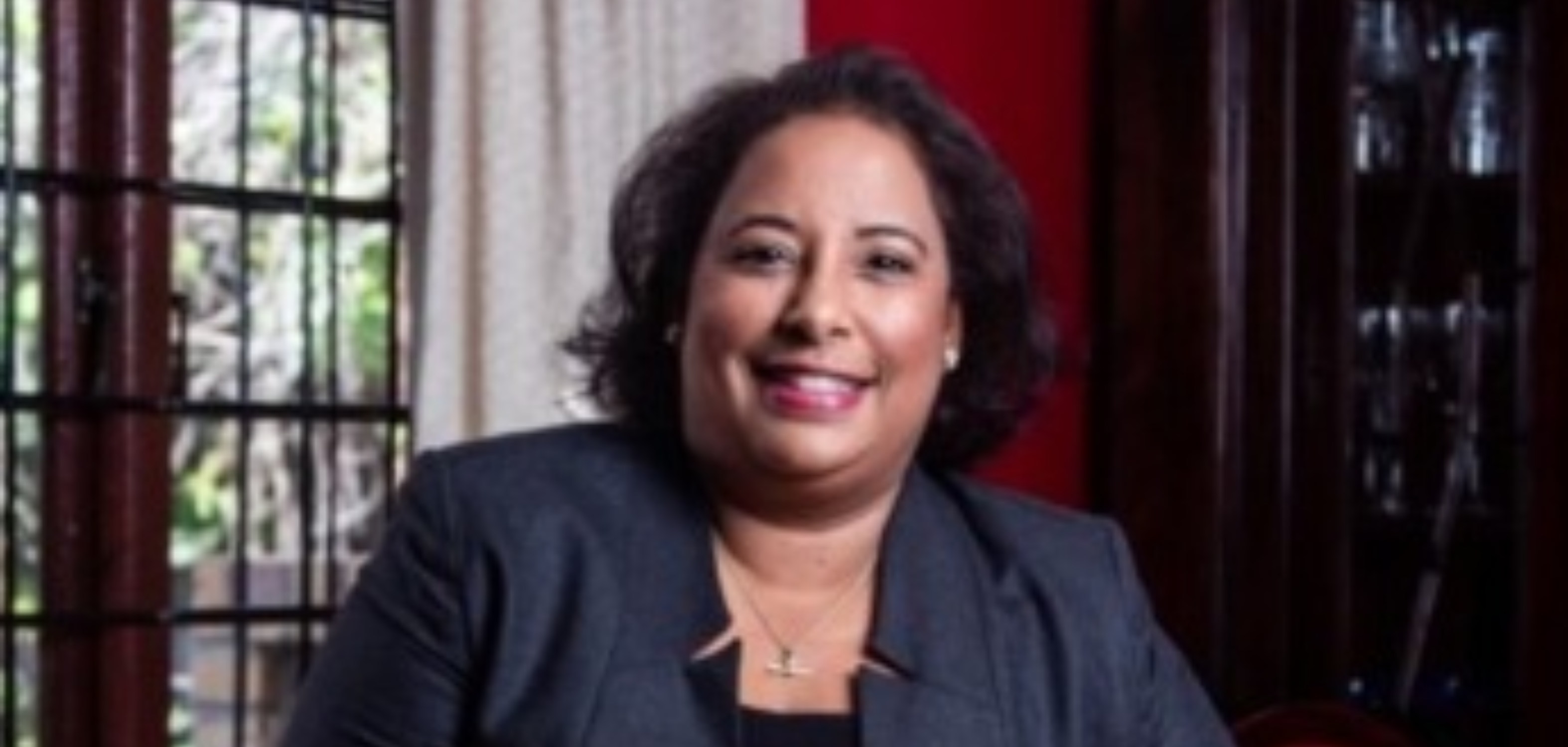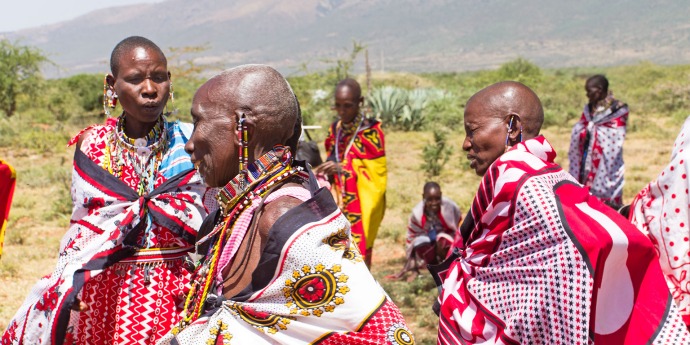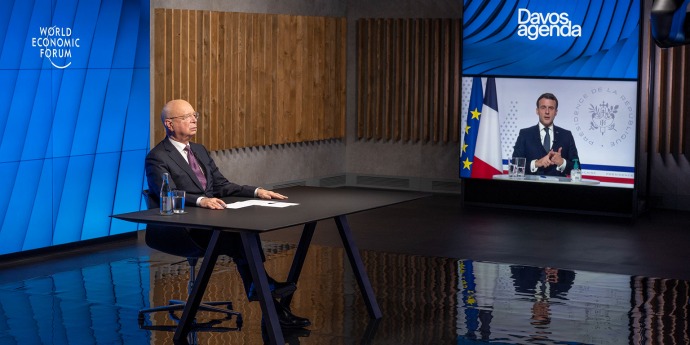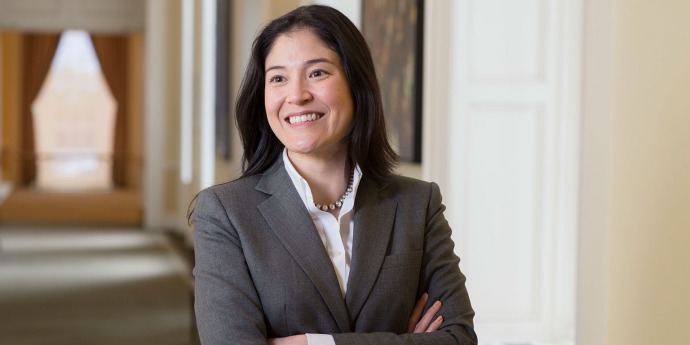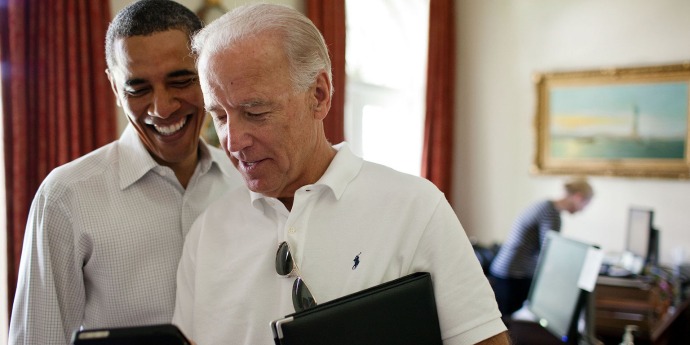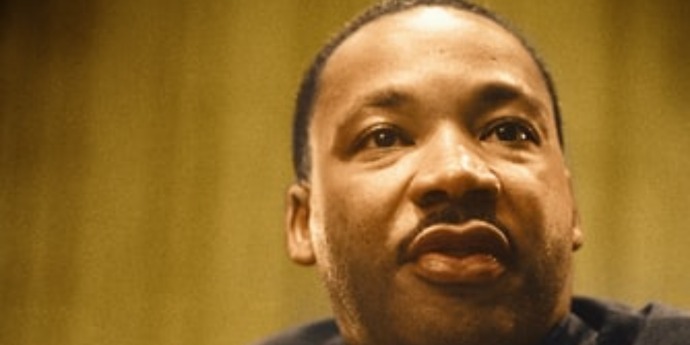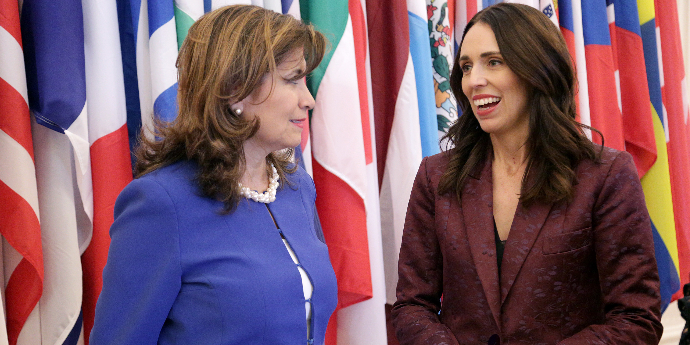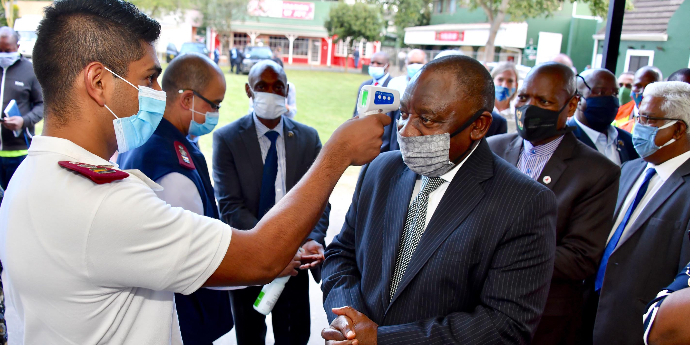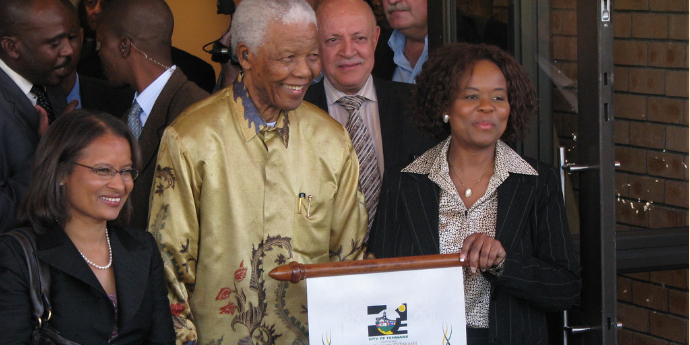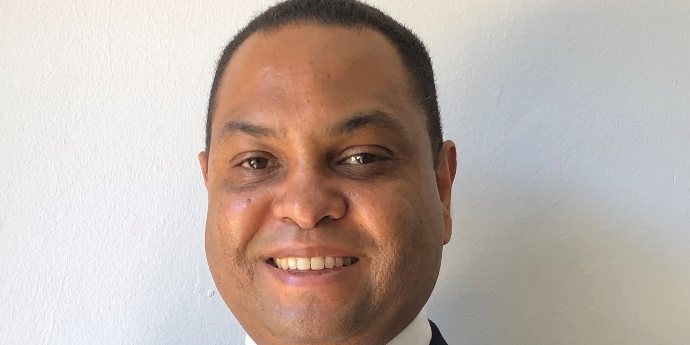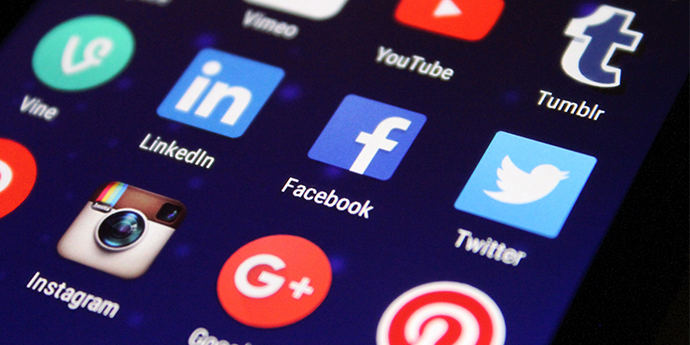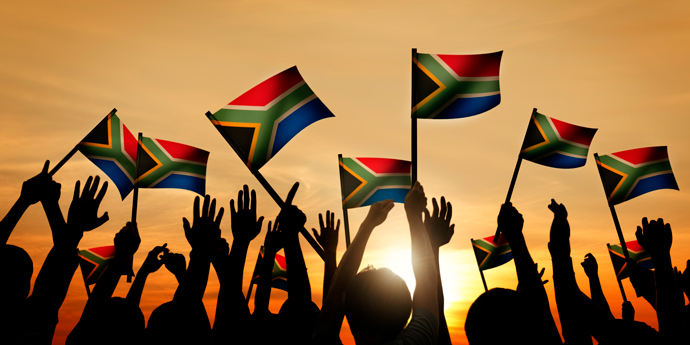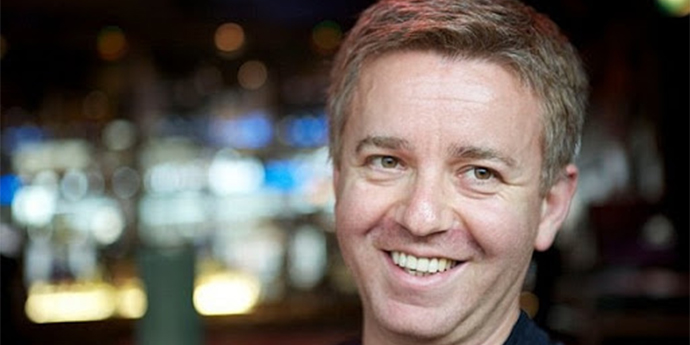These days our societies are so factionalised that fellow citizens, while united under one nation on paper, cannot fathom each other’s opposing political points of view. By choosing the websites we browse, the Facebook pages we follow, the TV channels we watch, even the comics we find funny, we are choosing to live in ‘echo-chambers’ of the like-minded. Opinions turn binary when we do not hear opposing arguments. Even when we try to discuss current political leaders with those holding different views, it arouses such intense emotions that it is difficult to listen to what they have to say.
One of the fundamental reasons for this polarisation is that many politicians currently in power are ‘hero leaders’. Take Rodrigo Duterte, the 16th President of the Philippines, and Russia’s Valdimir Putin. Duterte has been assessed by psychiatrists to be a “… highly impulsive individual, who has difficulty controlling his urges and emotions” with “pervasive tendency to demean, humiliate others and violate their rights”. Hardly flattering, but these qualities make him an ideal candidate for the citizens that needed a ruthless hero to rescue them from their many hardships; for example, by winning the ‘war on drugs’. Similarly, after the collapse of the Soviet Union, socio-economic problems escalated, leading Russians to elect Putin. Carefully choreographed images of Putin carrying guns and taking a dip in icy waters, serve to reinforce a perception of a strong and protective president, providing hope for mending the shattered Russian ego.
Last but not least, Trump’s US presidential win came as a shock to the majority of Americans, but many groups voted for him, particularly those who feel left behind by globalization, because his equally carefully crafted image as a shrewd business acumen promised to shake things up. Those living in the Rust Belt, where entire states have suffered economically under several predecessors, were prompted to elect a hero figure to come to their rescue, and fight for their future.
Heart before head
An aspect of heroism that sets it apart from leadership is that heroes tend to move their followers emotionally, while leadership is partly based on an intellectual assessment of the qualities of the candidate. So, when opposers of Trump challenge his conduct, and scrutinise the content of his speeches and tweets, his supporters are unable to relate to their point of view, as their support is embedded in emotions. A hero figure is more aligned with the image of a warrior than a leader; hence, the frequent association of the role with men. So, when a heroic leader, such as Trump, attacks others, his supporters are reassured of his ability to fight for them, while his opposers see him as a bully who is attacking those less powerful than him. When he promises to build a wall, his supporters are reassured of his intentions to protect them, while his opposers question its feasibility and effectiveness. The list of opposing views regarding every aspect of the ‘hero leader’ amounts to political polarisation of supporters, where one end follows with the heart and the other with the mind, experienced as a conflicting dichotomy for the country.
Fake news and fear fuel the fire
The questions is, will ‘hero leaders’ endure or disappear? In democracies, ‘hero leaders’ need the majority in society to think that they need them. A worsening of indicators that trigger the need for heroes, such as: fear, threats, oppression, injustices, inequality, and marginalization, is likely to lead to further elections of ‘hero leaders’. While the world has positively progressed on many of such indicators, there is a perception that things are getting worse and this has led to more people turning to heroes. For example, there is intense fear of terrorism, even in communities that have not been affected by it. This perception is arguably not representative of the true risk. It is, in part, due to an emphasis on alarming reports and sensationalising of such news stories by the media. Ironically, there is a war between the media and the US President, and yet the negative bias in our news is partly responsible for sowing the seeds of insecurity that led to the need for a ‘hero leader’ in the first place.
Empowering self and others is key
In many circumstances, it is thoroughly understandable why people crave hero leaders. Heroes, when elected as leaders, legislate radical changes, suggest new ways of looking at old situations, offer new schemas and fresh scripts, thereby presenting an escape from the norm, including oppression, helplessness, or hopelessness that is associated with marginalisation. So, when Mandela fought for racial equality in South Africa, a hero leader was much needed to correct the injustices in society. However, a hero leader’s enduring popularity rests in their ability to adapt with the needs of the followers — to give them what they want. Once empowered, the need for a hero leader fades, and is replaced with the need for leaders who can unite societies. Mandela’s transformation from hero leader to father of the nation, ‘Madiba’, lay in his ability to shift from fighting for the oppressed to his astonishing ability to forgive those he fought against; hence, uniting the nation.
However, when the reign of hero leaders continues beyond the time to fight, it ends up oppressing their opponents and undermining democratic institutions. Ironically, it also disempowers their followers by making them dependent on the hero. By contrast, non-heroic leaders find ways to empower rather than divide us, through their unshakable belief in equality. Such leaders help facilitate transformation, promote equal opportunity, and transform societal beliefs to allow for the principle of equality to grow.
After achieving equal opportunities, the responsibility for empowerment is shared between a leader and his or her followers. We, as followers, need to exhibit bravery, utilise the opportunities available, and transform ourselves through education and other means. We need to move out of the situation of helplessness perpetrated by unequal opportunities and consciously overcome the victimisation mentality that can linger post empowerment. The need for heroism shifts from a leader to ourselves, as Maria Carey tells us in her hit single: “That a hero lies in you”.
Ultimately, it is the self-perceived level of empowerment of a country’s majority and their ability to take on the role of the hero themselves that will determine how long the era of ‘hero leaders’ lasts.
Dr Babar Dharani is an associate of the Allan Gray Centre for Values-Based Leadership at the UCT Graduate School of Business and a researcher in the field of leadership .

